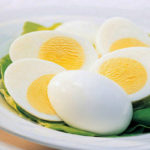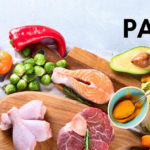Cerebral infarction is a type of stroke, occurring when the brain doesn’t receive sufficient blood supply, often due to a narrowed or blocked brain artery. This results in necrosis of the brain tissue, leading to severe damage to the nerve cells and subsequent impairment of bodily functions. The consequences can include language paralysis, hemiplegia, facial paralysis, and even brain death. Cerebral infarction is an extremely dangerous condition.
Diet plays a crucial role in managing cerebral infarction. Making wise food choices can help prevent unwanted complications. Here are some dietary recommendations to keep in mind:
1 Foods to Eat if You Have Cerebral Infarction
Low-Cholesterol Foods
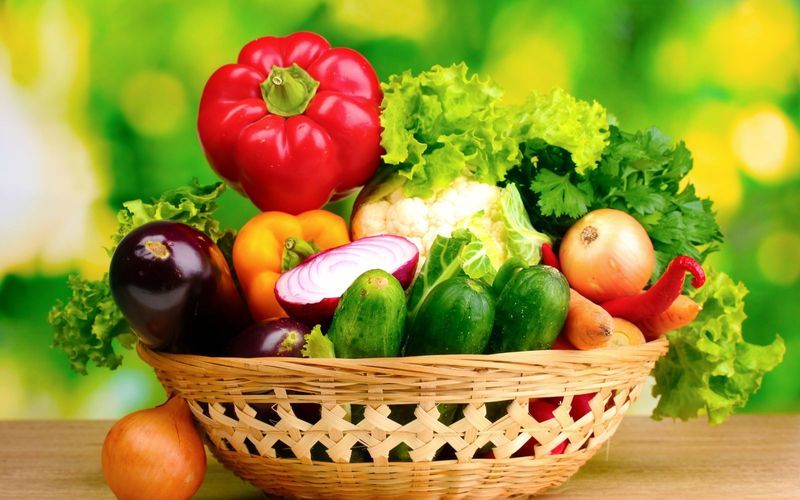
High cholesterol levels in the body are a contributing factor to the recurrence of cerebral infarction. Therefore, it’s essential to limit cholesterol intake and opt for fiber-rich vegetables, especially dark green leafy vegetables such as broccoli and spinach. These foods promote healthy circulation and help lower cholesterol levels.
See also:
Protein-Rich Foods
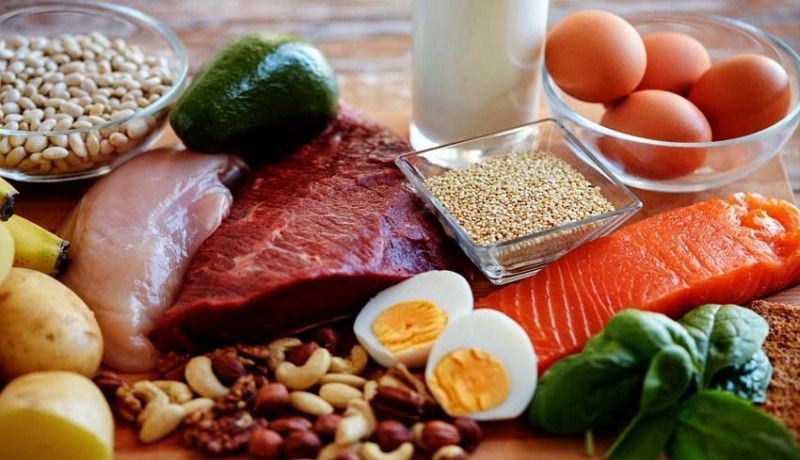
Protein is an essential nutrient for the body, particularly for those with cerebral infarction. However, it’s important to consume moderate amounts of protein. Good sources include seafood, meat, eggs, and nuts.
Healthy Fats from Vegetable Oils
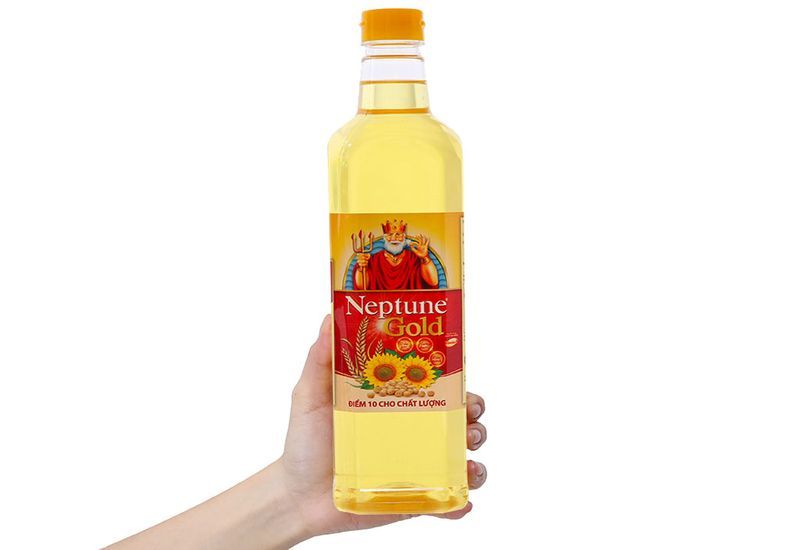
Incorporate healthy fats from vegetable oils like fish oil and sesame oil into your diet. These oils help prevent blood clotting in the body.
Antioxidant-Rich Foods
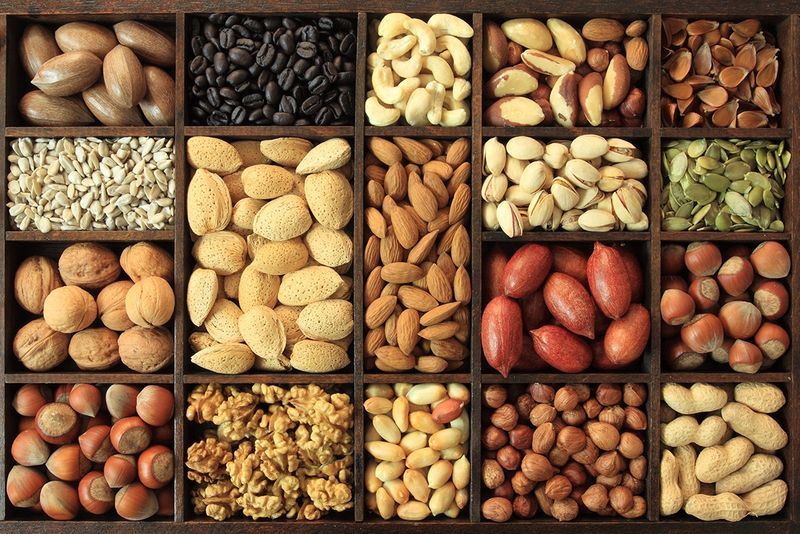
This group of foods is highly beneficial for individuals with cerebral infarction. Antioxidants found in beans, sesame seeds, watermelon, and apples help inhibit the destruction of nerve cell membranes, thereby enhancing brain recovery.
2 Foods to Avoid if You Have Cerebral Infarction
Acidic Foods
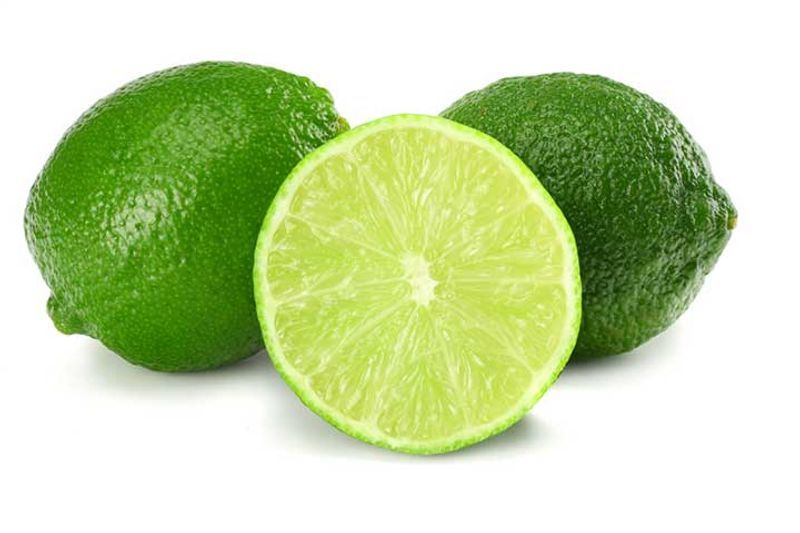
Cerebral infarction can lead to a state of anemia due to blood clotting and blockage. In this condition, nerve cells become acidified, and consuming acidic foods like lemons and pickled cucumbers can exacerbate this acidification.
Processed Foods
Pre-packaged and processed foods are generally unhealthy, especially for those with cerebral infarction. These foods tend to be high in preservatives, artificial colors, and unsafe additives, increasing the risk of cancer. Fried foods prepared with oil contribute to high calorie intake, leading to elevated blood lipid levels, which is hazardous for those with cerebral infarction.
Caffeinated Beverages
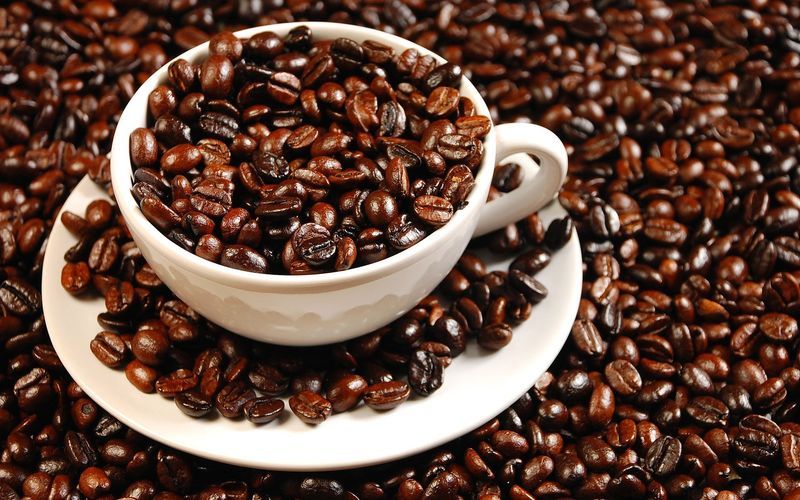
Caffeine is a stimulant found in various foods and beverages. It is particularly abundant in coffee and cookies, so individuals with cerebral infarction should limit or avoid these.
Salty Foods
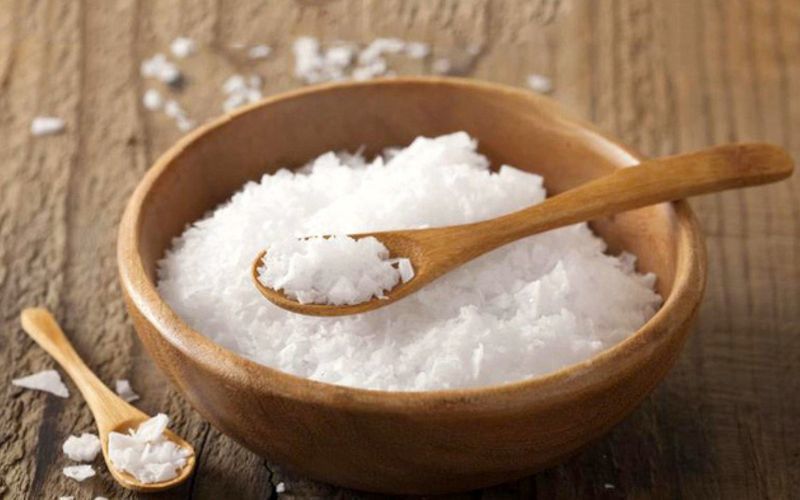
Individuals with cerebral infarction should limit their intake of salty foods, such as pickled cucumbers, smoked meat, and other foods high in sodium. These foods can increase blood pressure and the risk of stroke. However, this doesn’t mean eliminating salt entirely from your diet; instead, use it in moderation to ensure your body receives the necessary nutrients.
Further reading: High Blood Fat: What to Avoid and What to Eat to Prevent Stroke?
We hope that these dietary guidelines will help you make informed choices about the foods you consume daily and that you will pay attention to the foods to avoid to protect and improve your health and that of your family.


























